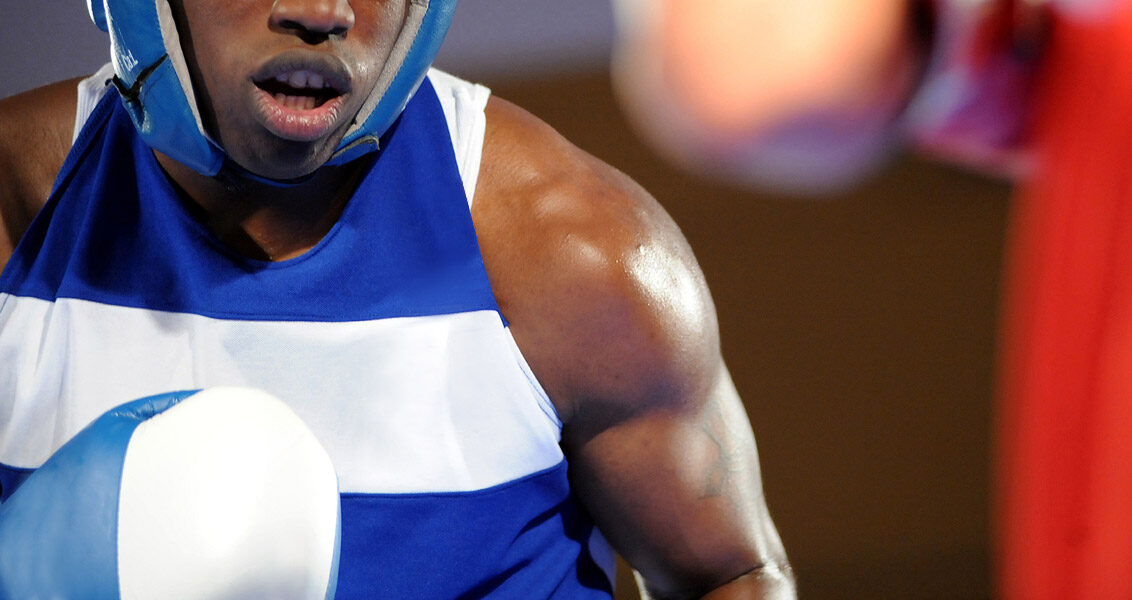
Are your dunks turning into duds? Long jumps coming up a bit short? Not hitting the ball hard enough? If you answered yes to any of these questions, you may be looking for a way to improve your athletic performance. Before you turn to any extreme measures, though, consider physical therapy (PT).
I know what you’re thinking: Isn’t physical therapy just for injury rehabilitation and the elderly?
Nope.
Why PT?
Physical therapy is all about helping folks—including elite athletes and weekend warriors—move better. PT can help maximize athletic performance for athletes of all ages by enhancing strength, endurance, balance, and flexibility. The physical therapy approach to athletic performance improvement also focuses on reducing risk of injury by correcting muscle imbalances and movement pattern inefficiencies.
How Can a PT Help Improve Athletic Performance?
Your physical therapist will begin with a complete physical screening and examination. Key components of the examination include a functional movement screen and gait analysis (and possibly an orthopedic assessment). These assessments allow the therapist to measure your range of motion and evaluate how your body moves using tests like:
- Hurdle step test
- Inline lunge test
- Deep squat test
By checking your body for imbalances—which force certain parts of your body to compensate for areas of weakness—physical therapists can identify inefficiencies and weak spots that may affect performance or lead to injury if left unchecked. These may include strains, sprains, or joint issues.
Additionally, physical therapists often will conduct a blood lactate threshold profile (which identifies your optimal training intensity) and a respiratory efficiency evaluation (which determines your respiratory deficiencies) to make sure you train at the appropriate level. You also will complete these tests during training to measure your progress and ensure that you do not overtrain.
Based on the results of your examination—and taking into consideration your sport, previous training, and injury history—your physical therapist will develop an individualized training plan to address any problems that are holding you back or that may cause injury. To develop the necessary explosive power, speed, strength, and/or agility for optimal performance in your sport, your specific training plan will likely include:
- Corrective exercises
- Strength training activities
- Plyometrics
- Conditioning
- Stretching
How Do I Get Started?
Many insurances offer coverage for physical therapy, and many physical therapy clinics even offer free consultations. If you’re interested in working with a physical therapist to get a leg-up on the competition, find one in your area here. Already going to PT to improve your athletic performance? Share your experience in the comment section below.


